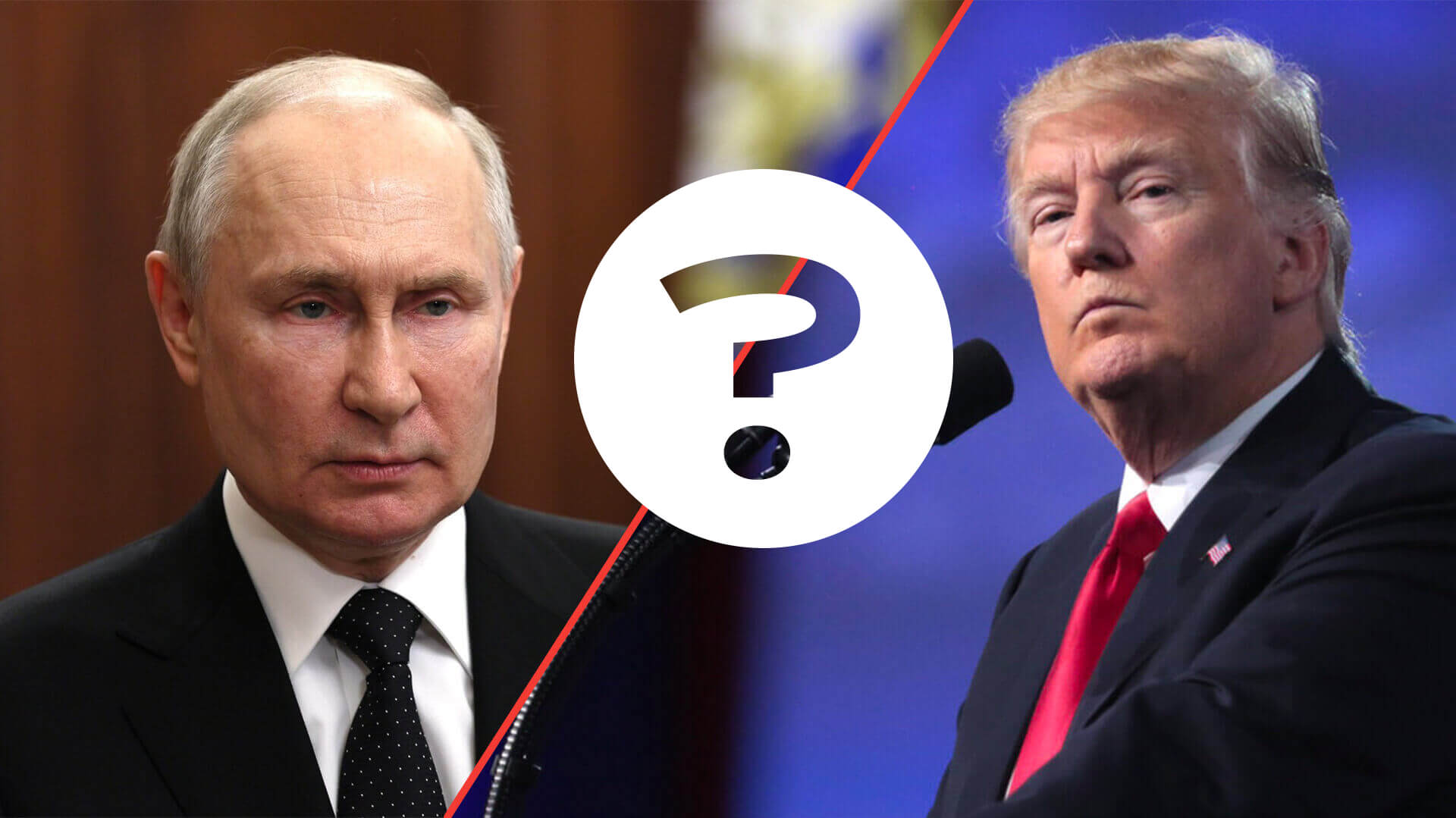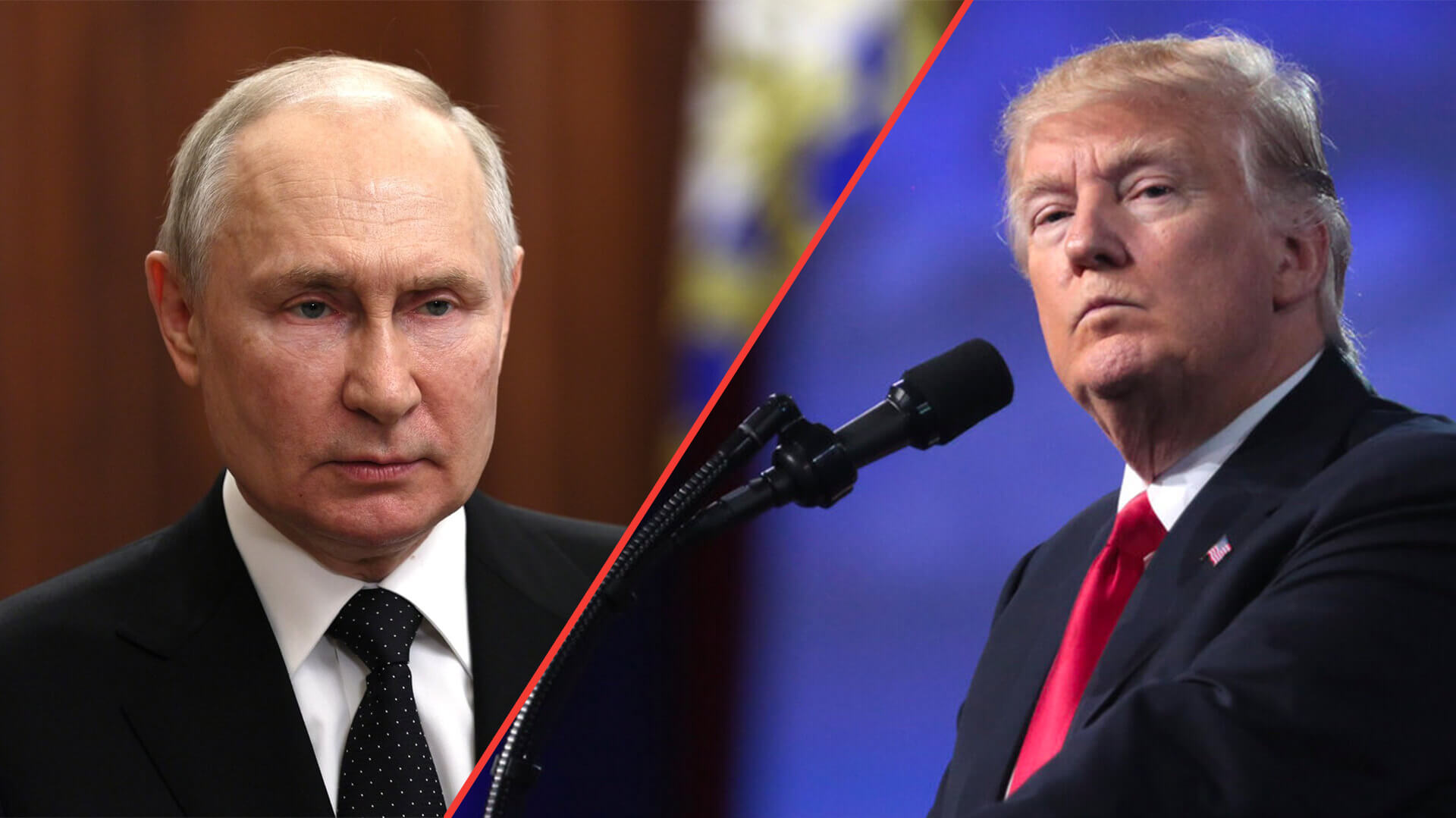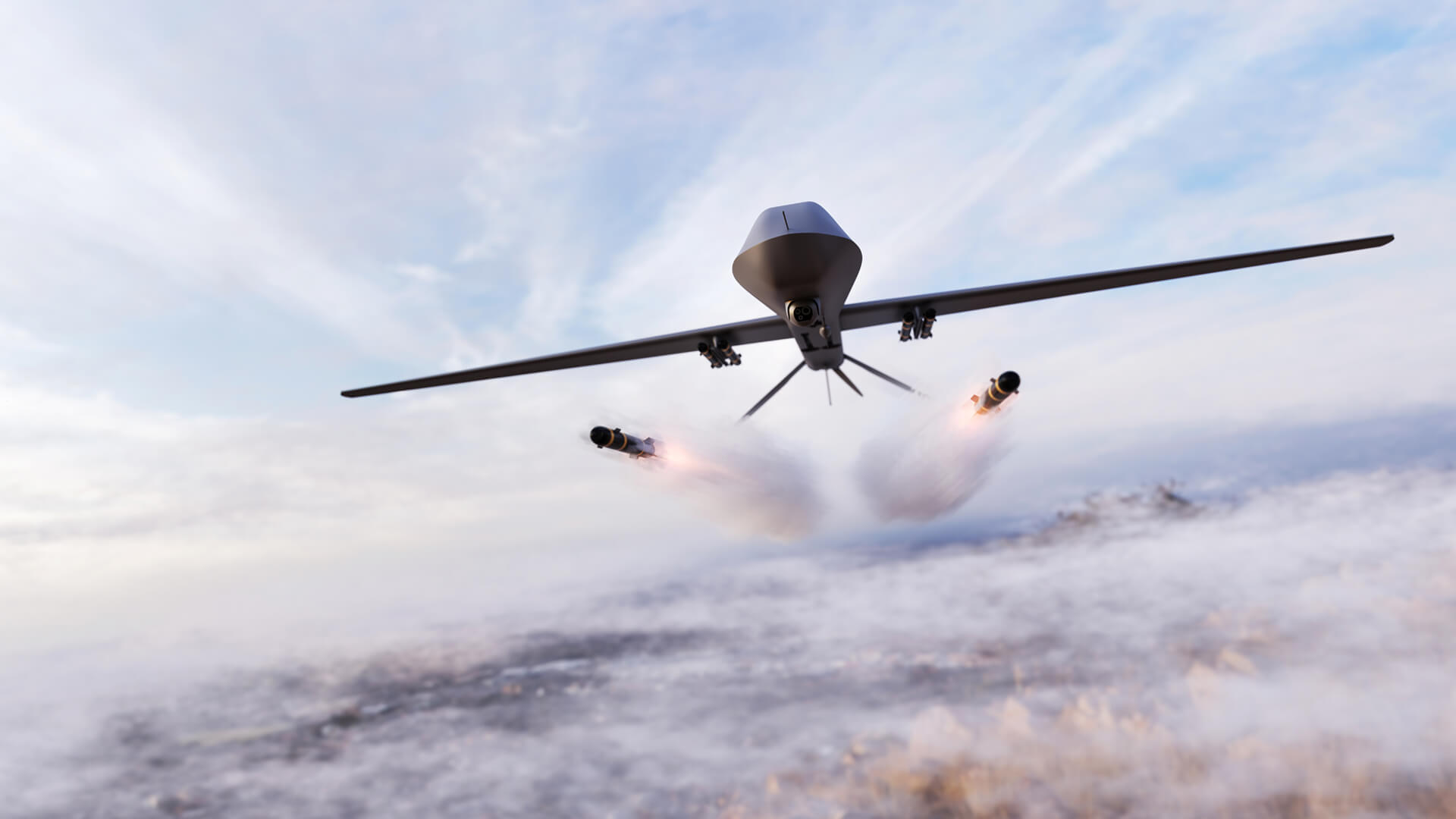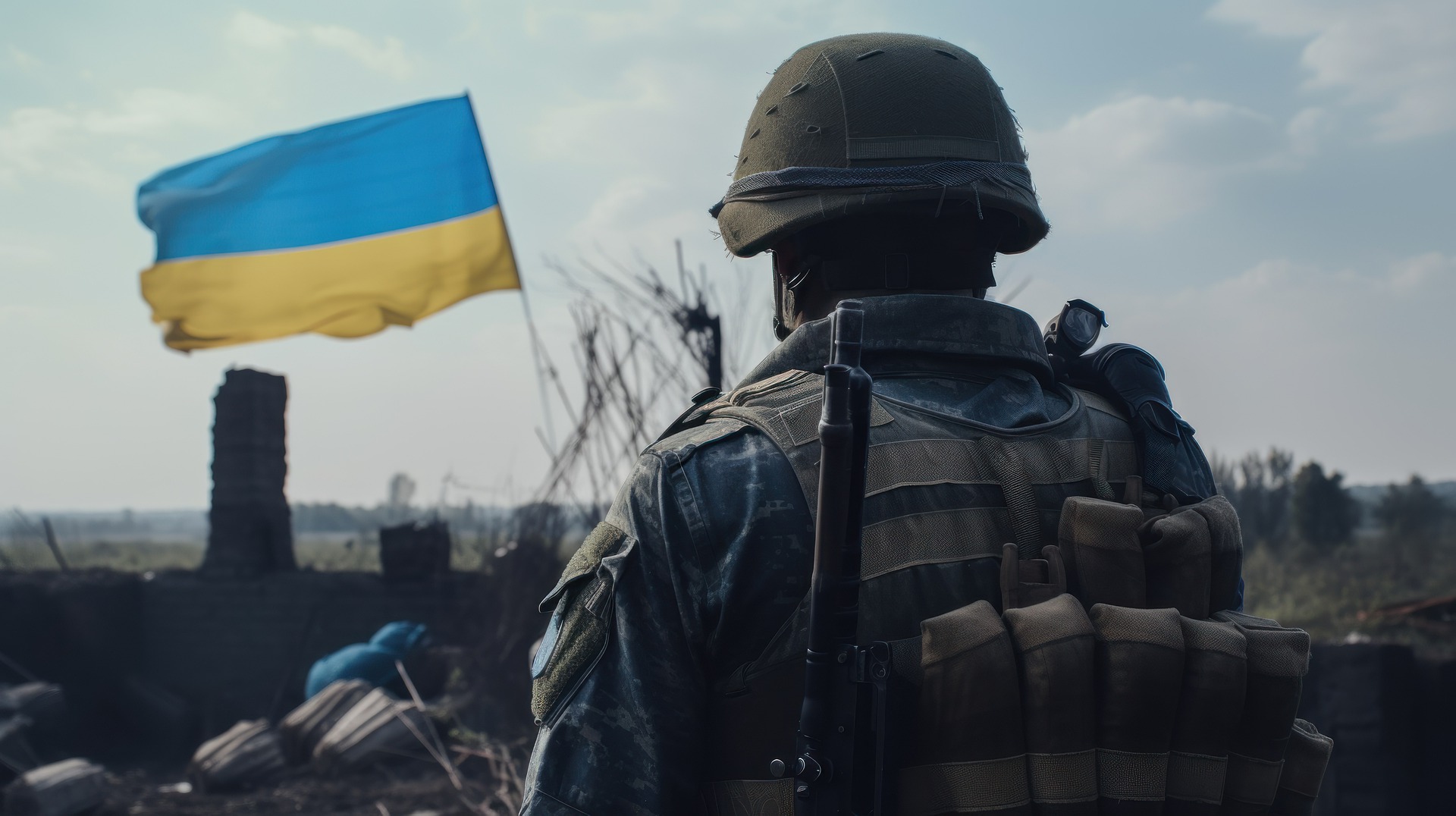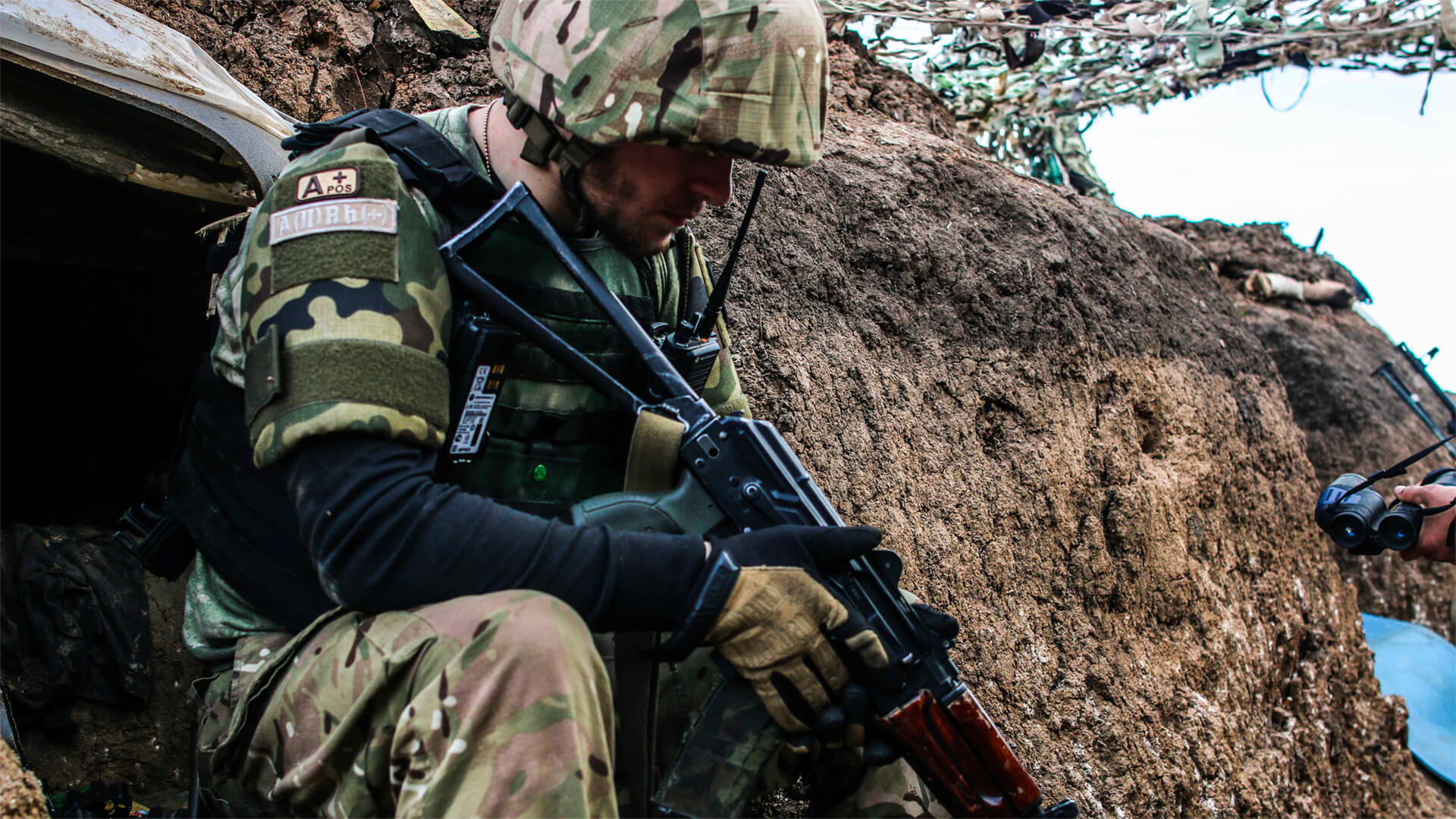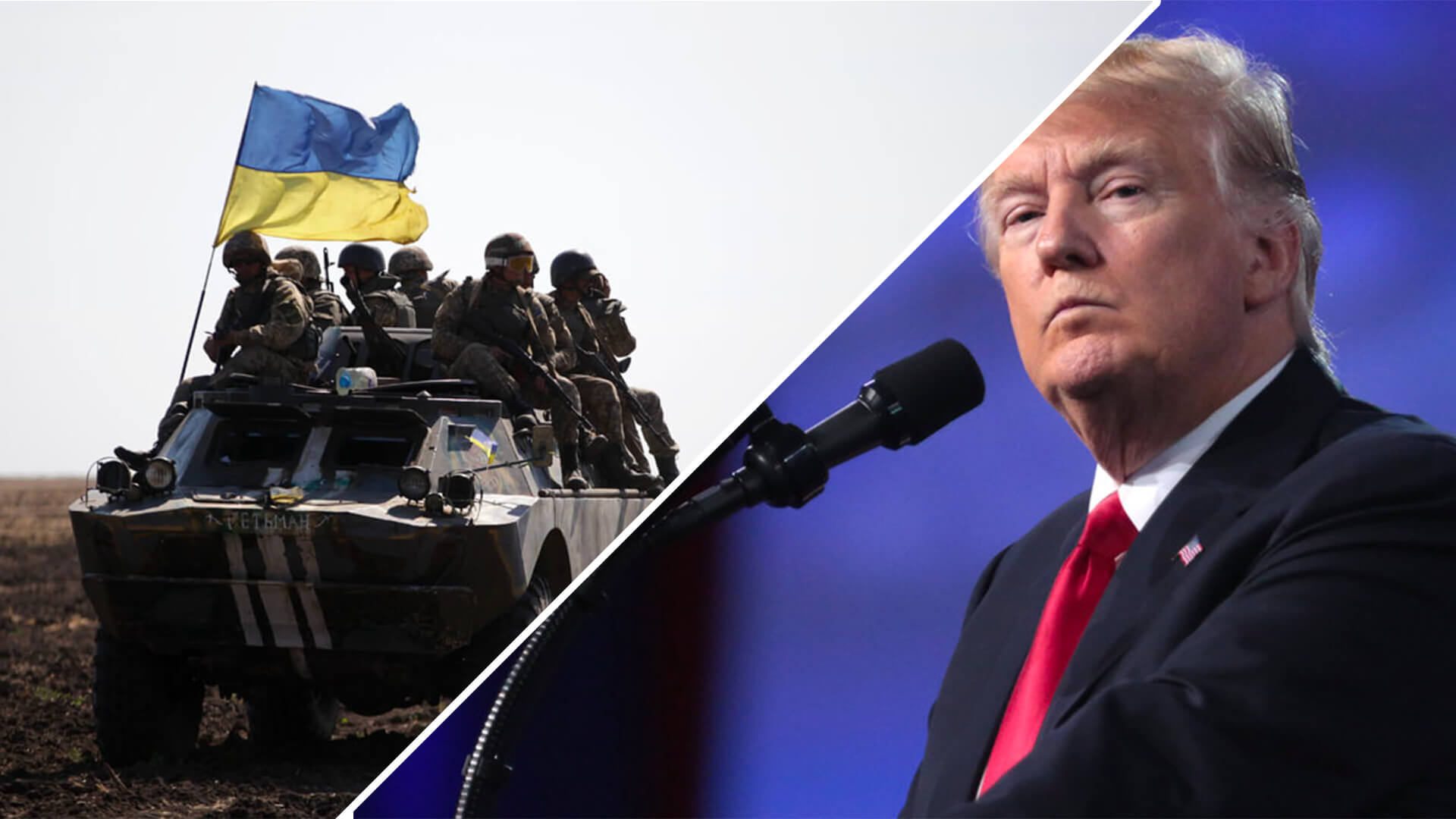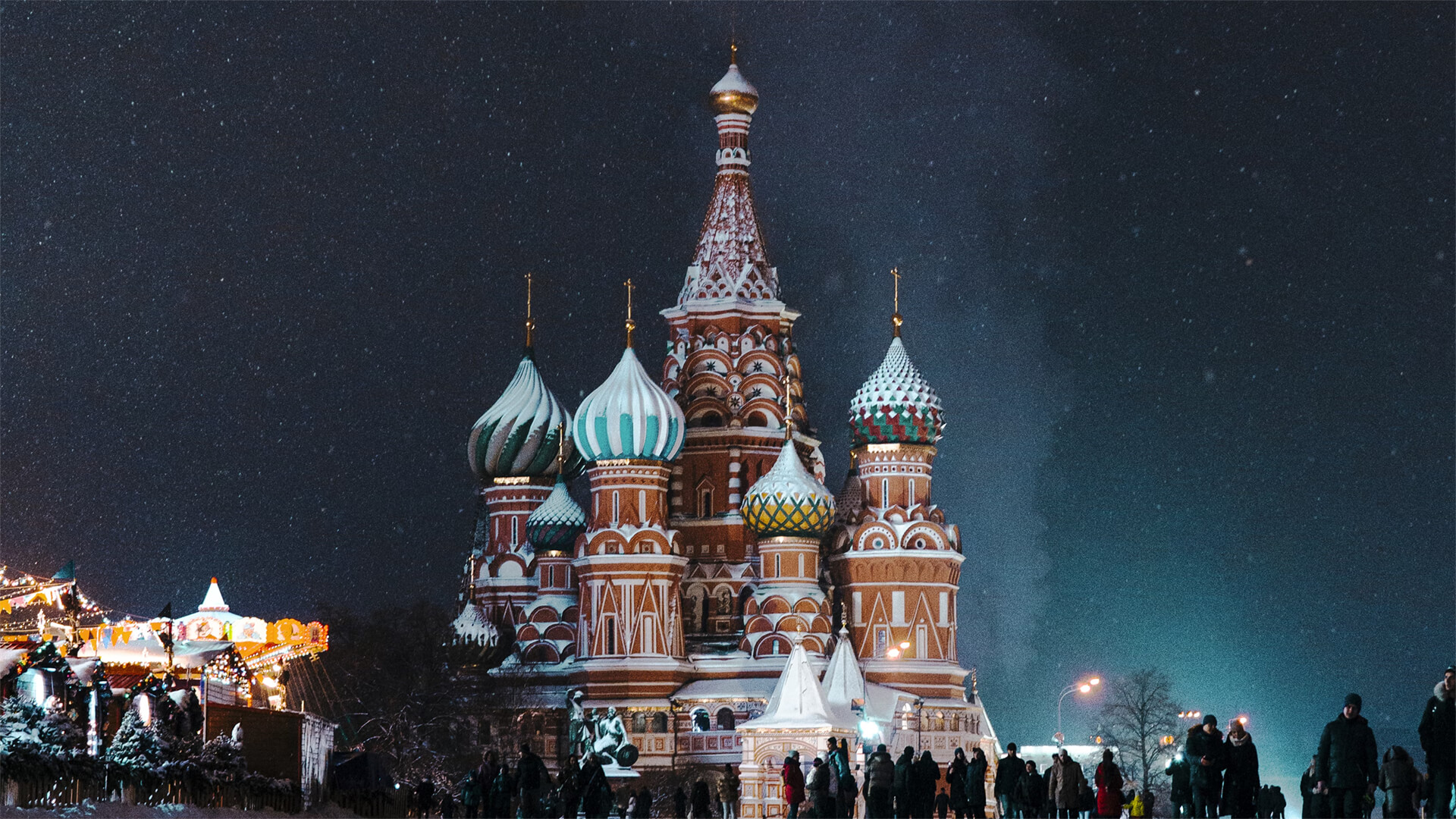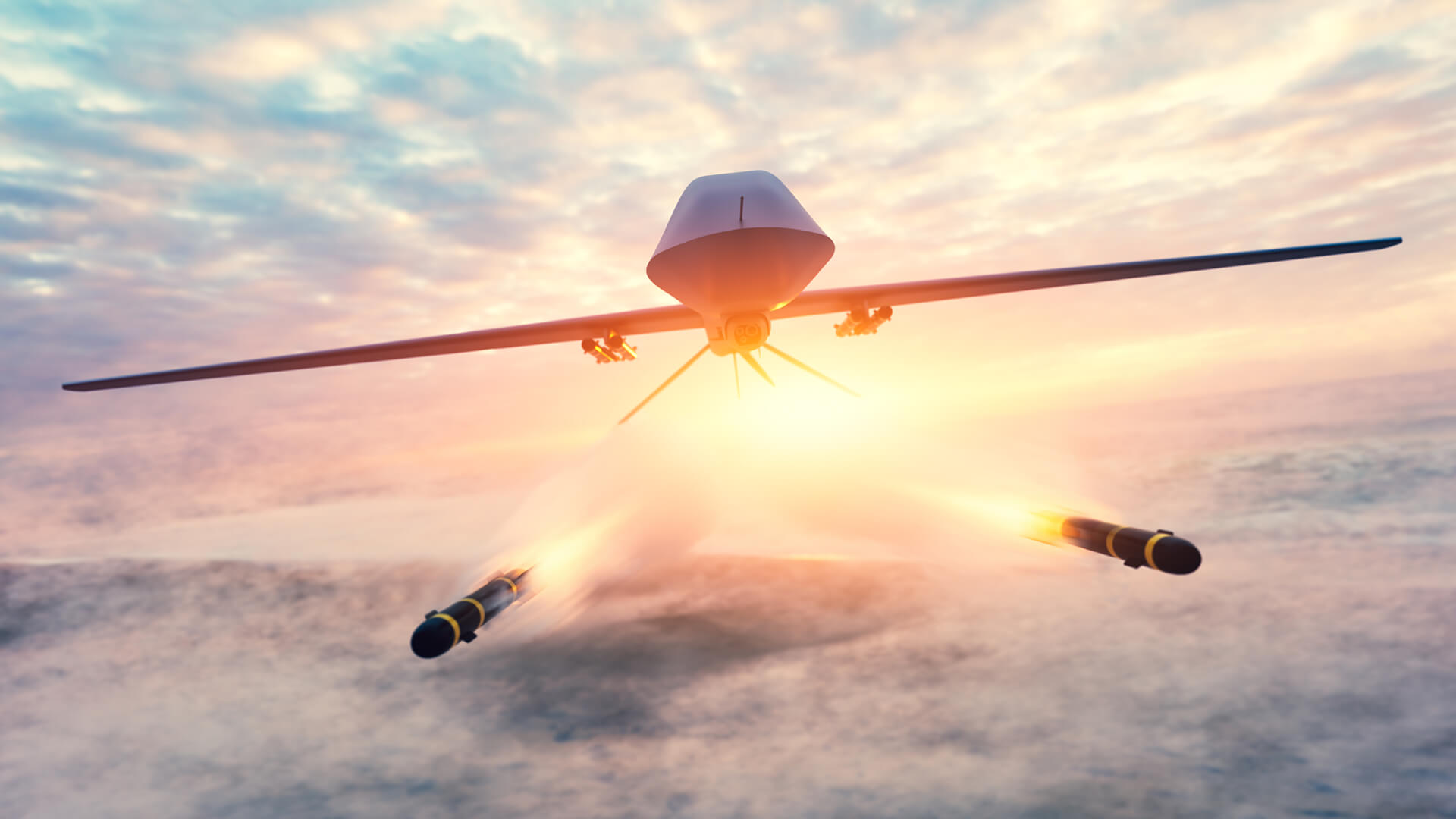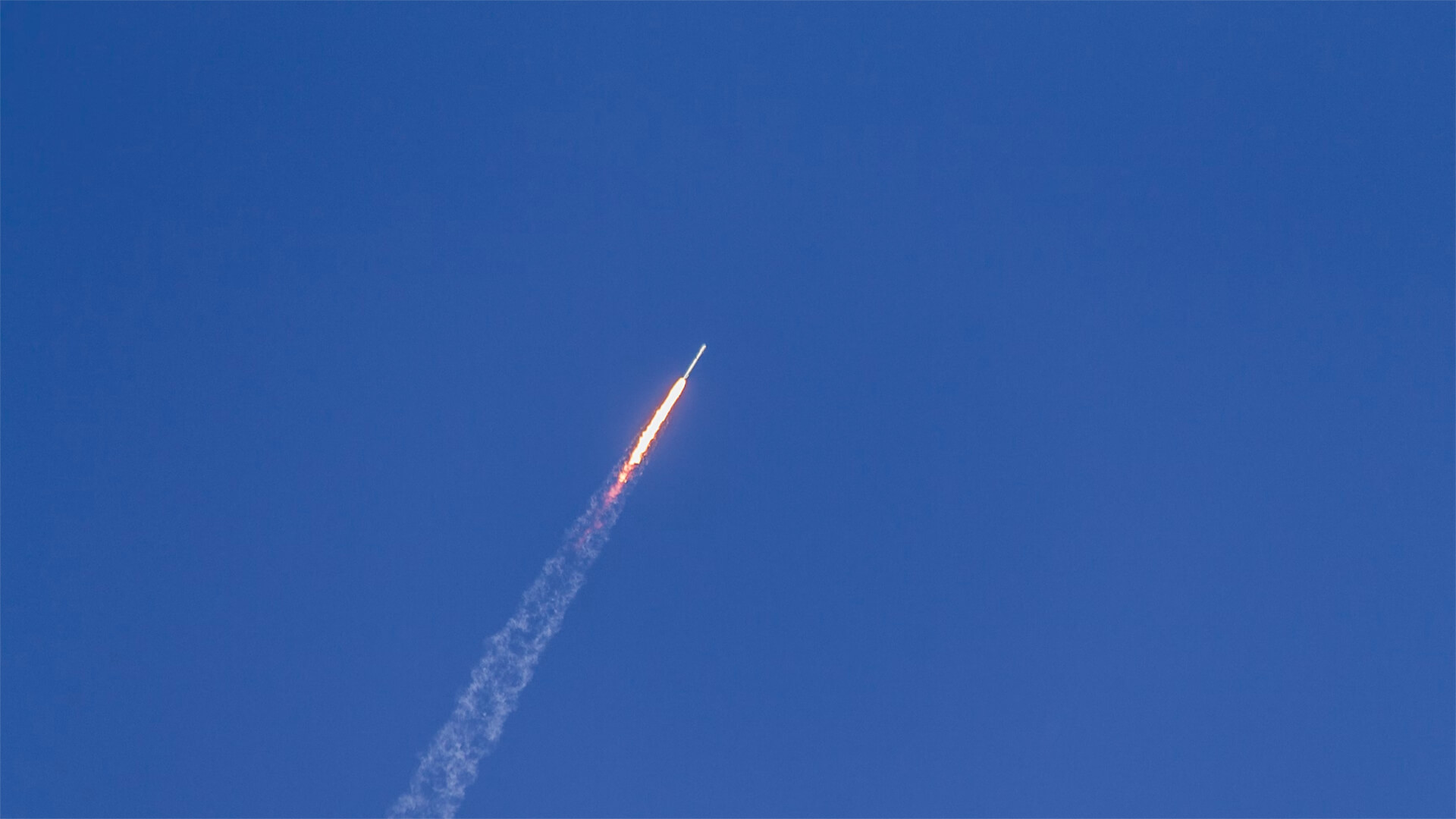On Monday, I talked about the impending breakup between Putin and Trump, and the “plan” that Trump has laid out following the split. But the fallout from this relationship isn’t so straightforward.
There’s a 50-day horizon for Russia and Ukraine to sign a peace deal before the tariffs on everything Russian kick in, but that’s just the beginning of the logistical nightmare for Trump.
With a hollowed-out government and a lineup of Witkoff, Gabbard, and Vance to deal with, real policy change is just a distant glimmer that Trump might not ever see. Unless, of course, Trump welcomes experts with open arms, rebuilds his foreign policy team, and let’s someone into the room who is smarter than him…
Transcript
Hey, everybody. Peter Zeihan here. Coming to you from Colorado. And today we’re gonna talk about Donald Trump and Russia and Ukraine, war and tariffs and sanctions and blah, blah, blah. So in the last couple of days, Donald Trump has gone out publicly and said repeatedly that he’s really pissed off at Vladimir Putin because Vladimir Putin has been saying all the nice things, and then it’s all bullshit.
And he just continues the war. Now, anyone who has been following the Ukraine war at all, or really Russian relations for the last 35 years, knows that this is not a new thing. The Russians lie a lot. And on the Ukraine war specifically, they feel that this is a strategic issue for them and they will say anything to continue the conflict.
They will continue not just until they have conquered all of Ukraine, but until they’ve gotten a number of countries further to the west. Donald Trump came in saying that he knows Putin very well and he can negotiate a truce in a day, and obviously things have not worked out that way. And so with every stage, Putin is basically lied to Trump more and more and more, and it has made Trump look like a fool in the eyes of the international community, and not just a few Republicans back at home in the United States.
And it seems that in the last couple of weeks that has finally reached a critical mass. So the current threat from Donald Trump is if in 50 days, Vladimir Putin has not agreed to some sort of ceasefire and peace deal, details TBD, then there will be a 50 to 100% tariff on everything from Russia and an another 50 to 100% tariff on anyone who buys stuff from Russia.
Now, the logistics of implementing this would be colorful, because we don’t have an institution in the United States to handle things. Secondary sanctions, especially not at that kind of volume, because it would apply, among other things, to China. But let’s just assume for the moment that Trump is serious about this, for this to happen. Three things have to go down in the Trump cabinet because remember, remember, remember, Donald Trump has the least staffed government in American history, still hasn’t filled out over 90% of the appointed positions.
He is the least capable and least competent national security team, and the one person on his national security team actually knows what’s what is the Secretary of State, Marco Rubio, who’s been pushed to the side and really has no impact on meaningful policy. So there’s three personalities you need to watch how Trump interacts with them. The first one is a guy named Steve Witkoff who does not belong in government at all.
He is a real estate developer in New York. He’s an old buddy of Trump, and Trump has been throwing about every international issue the Ukraine, Russian negotiations, the Iranian negotiations, the Israeli guys and corrections of this guy knows nothing about any of it. And it’s obvious because as soon as he gets into the room, whichever group happens to have the best PR basically twists them around their little finger and gets him to spout their propaganda up to and including in Donald Trump’s ear.
That is absolutely how the Russian situation has evolved, which is the primary reason why Trump looks so dumb when he’s talking about Ukraine and Russia specifically, and in foreign affairs in general. So Witkoff probably has now been edged out because it’s difficult to imagine how Donald Trump would have had a change of heart to this degree if Witkoff were still being allowed in the room.
Time will tell, but it looks like he’s already gone. That’s number one. Number two, the director of National Intelligence, Tulsi Gabbard. Tulsi Gabbard, has been a Russian plant and a Russian agent long, long before she joined the government. Long, long before she became a Republican. She used to be a Democrat. And part of the presidential debate briefings were about how she was somebody who was probably already on the Russian payroll.
And even if you don’t believe any of that, look at her foreign policy stances. If it involves the United States. Tulsi Gabbard has been on the opposite side of the United States on all issues regarding China and North Korea and Iran and Syria and Libya and, of course, Russia going back 20 years. And one of the first things that she did when she took over as DNI was to basically fire everyone on the Russian desk who would tell the truth to the president.
And then she spent most of her time going through whatever had been published and redacting it, to put it in Russian propaganda and Russian propaganda. To this day remains her primary source of information. So if she’s not specifically and directly working for Vladimir Putin, then the Venn diagram that represents their worldviews is almost a perfect circle. It’s probably 99% overlap, with the remaining 1% being hairstyles because Putin is bald.
And Tulsi Gabbard, I will give this to her. Her hair is fabulous. Number three Vance J.D. Vance is part of a group of people that are directly in the U.S. government, or one foot in, one foot out, like, say, Elon Musk, who are a certain flavor of white, ultra nationalist, Christian, ultra nationalist, based on how you want to phrase that.
Anyway, they see Russia as the great white hope, as the country that has been suffering and pushing to protect the white race. Now, of course, that is unmitigated bullshit because the Russians are equal opportunity genocides and the Ukrainians are whiter than the Russians. But he’s the vice president, and he can’t just be pushed to the side and set out to pasture like, say, Witkoff.
And even somebody like, say, Tulsi Gabbard can just be fired on a whim. Vice president is a little different. Even if formerly officially, the president can just fire the VP, which there would be a court case. Congress is going to get involved one way or the other. It’s a big step for Trump to turn on Vance. Now, I’m not saying that any of these are going to happen. I’m saying that this is what has to go down. If we’re going to see a meaningful change in foreign policy out of this administration on the question of Ukraine and Russia, now, does that change need to happen?
Oh dear God, yes. We’ve had some really disastrous decisions made on national security as regard this topic. But even if all three of those people were suddenly gone, it doesn’t really solve the overall problem. Trump has a real issue with letting people in the room who know more about a topic than he does. That’s one of the reasons why the government is so lightly staffed.
That’s one of the reasons why Rubio has been banished to the sideline. And so he would have to do one of two things. Number one, he’d have to dedicate his entire presidency to this one question, because this is this is a lot. And just keeping up to date on it would be robust, especially if you don’t have any deputies.
Or number two, we’d have to see him turn the page back quite a ways to something that more resembled what he did in the first Trump presidency, when he brought in lots of people from the national security establishment and from the Republican Party, and actually stepped up a proper government. Now, that didn’t work very well, because as soon as I said anything that made him feel little or unintelligent, he fired them.
But the whole point of being a good leader is to know what you don’t know when. Surround yourself with people who do. No, he hasn’t done that. If he starts to do that, then we’re looking at a very different presidency. But there’s a saying about carts and horses, and we are not there yet.


